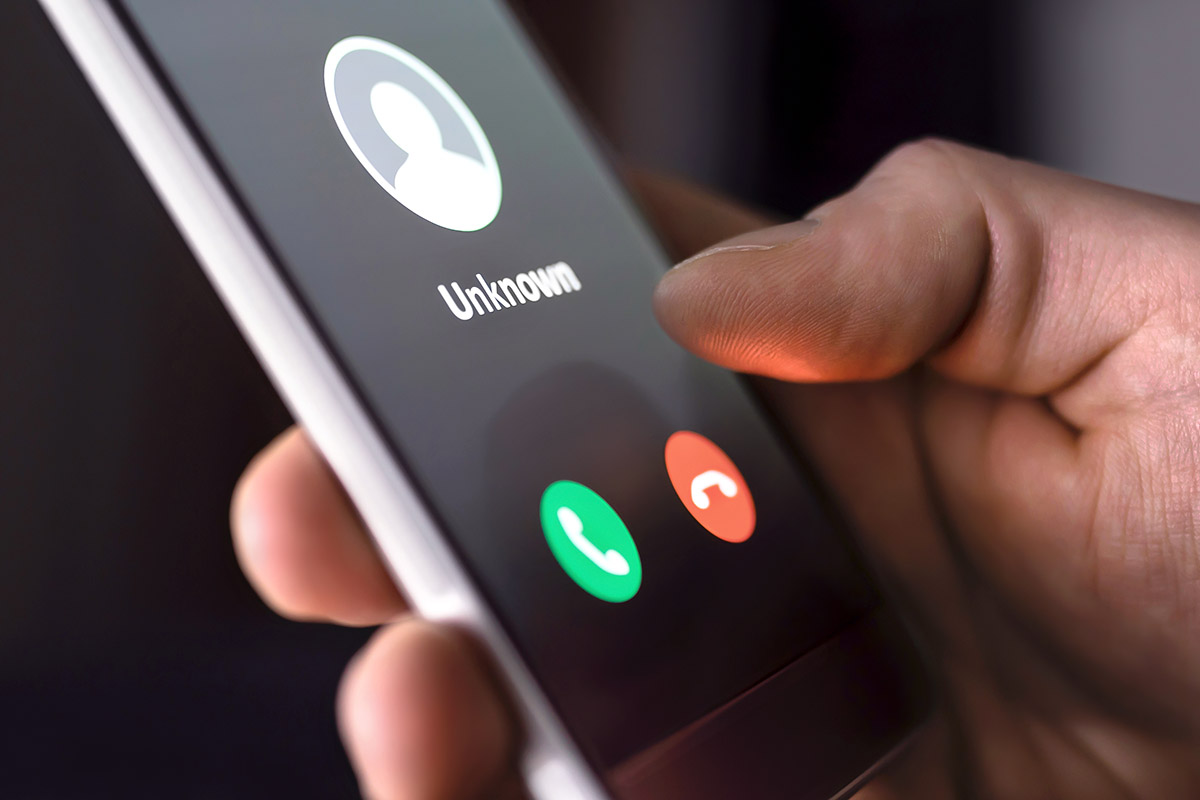It’s sad to say that no matter the misfortune, someone will always try to benefit.
And that’s apparent during the COVID-19 pandemic right here in Australia.
Not only has the COVID-19 pandemic brought on many challenges to all aspects of our lives over the past few months, but, unfortunately, it seems that Australians have seen an increase in mobile phone scams.
So to help Aussies become more aware and alert, we’ve partnered with the Australian Mobile Telecommunications Association (AMTA) to come up with four ways in which we can protect ourselves and our family from mobile phone scams.
1. Be on alert for impersonations
If you receive a call, text message or email from an unknown number, consider not answering and do not provide any persona or financial identifying information if they request it over the phone. It’s also important to avoid clicking on any links or open any attachments from any unknown senders.
Scammers often pretend to be someone that you may trust like a charity, your mobile service provider, a government official or sometimes a family member, and there are many ways in which scammers can impersonate and intimidate receivers into supplying personal information. Do not click on any links or attachments provided, instead – delete. If you are worried, simply contact whoever the message claims to be directly by a number you know is theirs (not the number provided in the message).
Scammers can manipulate caller ID information, so it’s always best to hang up if someone calls asking for personal information or money. Using caller protection apps are a helpful way to protect yourself against scam phone calls as they block the numbers and texts you want to avoid.
2. Protect your personal information
Two-factor authentication is a great way to build in an extra layer of security to control access to sensitive data as it double-checks your identity first before letting you use a particular account, such as your email. Even though it can be (very) frustrating at times switching between text to the computer, we strongly recommend it.
The simple advice – never give out personal details like your password, PIN, bank, or credit card details in response to any unexpected text messages, emails, or phone calls that you receive without first verifying the legitimacy of the request.
3. Be careful what you install
Do not install apps or software on your mobile or other devices unless they are from a trusted source such as Apple AppStore or Google Play. Once downloaded, an app can gain access to more sensitive and personal information on your phone. On top of this, avoid unauthorised or “pirated” copies of software.
Creating a new account using your Facebook login, such as a music streaming service or dating site, allows these apps access to any public information on your profile. To safeguard your personal information, remember to regularly log into your Facebook account to check which apps have access to your profile and remove the ones that you no longer need. It is also important to be wary of apps or software attached to notifications that you were not expecting to receive as these can sometimes be scams.
4. Up your level of security
Familiarise yourself with the security functions of your mobile, ensure you keep your software regularly updated, as phone manufacturers are constantly updating their operating system software to combat malware.
It is also worth considering installing anti-virus software on your smartphone if you think that you may potentially be at risk to ensure you are doing everything to protect your information and stop the scammers.
Now speaking of legitimate phone apps, if you’re after the best of the best when it comes to meditation, exercise or cooking, we’ve got them.


